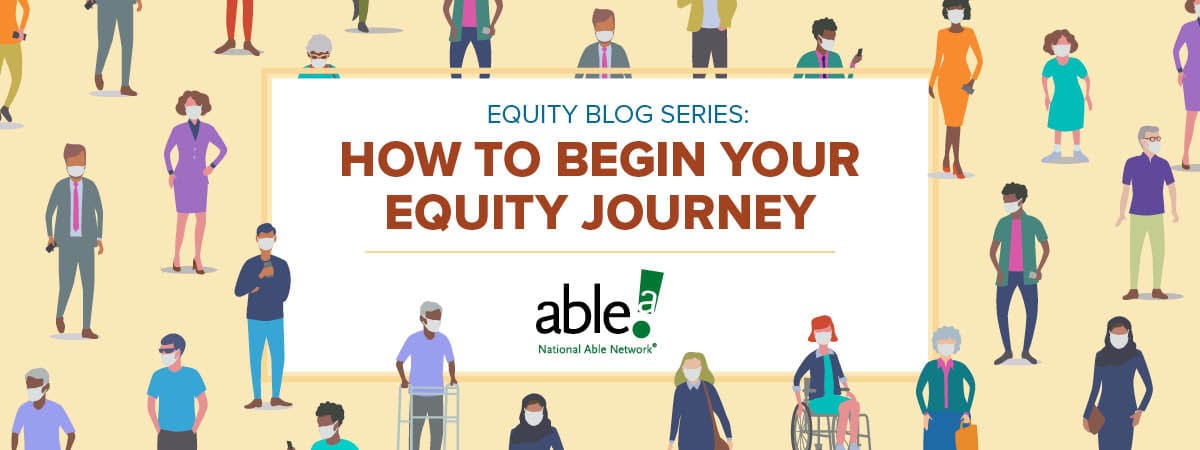When we started on this journey four years ago, I had no idea where the journey would take us. After reviewing the results of our first equity survey, I remember talking to my colleague, Autumn, about what we would do next. I had no idea but was well aware that too often, conversations about equity are all theory and no action. I didn’t want our work to turn into a fancy book that gathered dust on a shelf. Now that I can look back on our journey and the actions we’ve successfully taken, I can share what we learned, the mistakes we made and the suggestions I would have for any organization starting its own equity journey.
- Talk to your front-line staff. Ninety percent of barriers to equity are known by front-line staff. They see it every day, when they have to ask a person with a non-traditional education to take an onerous standardized test. Or when they require people to attend orientation in person when transportation may be a barrier, or even asking for documents that aren’t easily accessible. Survey front line staff and the folks you serve!
- Change what you can and change it fast. It’s easy for organizations to want to spend time studying a problem and not acting on it. Or wanting to gather every resource, every study, every idea before moving forward. My suggestion would be: change what you can as quickly as you can! Share what you’re changing and why with your front-line staff. It will empower them to continue finding and acting on barriers.
- Figure out what barriers are not in your direct control, find out who controls them, and TELL them. You would be amazed at how many people do not realize something has created a barrier. We have had numerous conversations in the last year at the local, state, and federal levels about barriers we have uncovered. Every single person has been open to the conversation and willing to make changes.
- Empower your team to continuously give feedback and identify additional barriers. This process shouldn’t be a one time thing. Equity work is continuous and staff should be empowered to share when they see barriers.
Good luck on your journey!
To learn more about National Able Network’s equity work, please see our equity discussion here or read our equity reports here.

